First, use the positive value of the ± ± to find the first solution sin ( x) = √ 2 2 sin ( x) = 2 2 Next, use the negative value of the ± ± to find the second solution sin ( x) = − √ 2 2 sin ( x) = 2 2 The complete solution is the result of both the positive and negative portions of the solution
Sin 2x 1 cos2x 2-Solution For If y=sin^(1)((2x)/(1x^2)), then find (dy)/(dx) Solution For If y=sin^(1)((2x)/(1x^2)), then find (dy)/(dx) Become a Tutor Blog Cbse Question Bank Pdfs Mock Test Series New Download App Class 11 Math Calculus Limits And Derivatives 506 150 If If y = sin^(1) ((2x)/(1 x^2)) sec^(1) ((1 x^2)/(1 x^2)) , prove that (dy)/(dx) = 4/(1 x^2) , 0 < x < 1 Updated On 4021 To keep watching this video solution for FREE, Download our App Join the 2 Crores Student community now!
Sin 2x 1 cos2x 2のギャラリー
各画像をクリックすると、ダウンロードまたは拡大表示できます
 |  | |
 |  |  |
 | ||
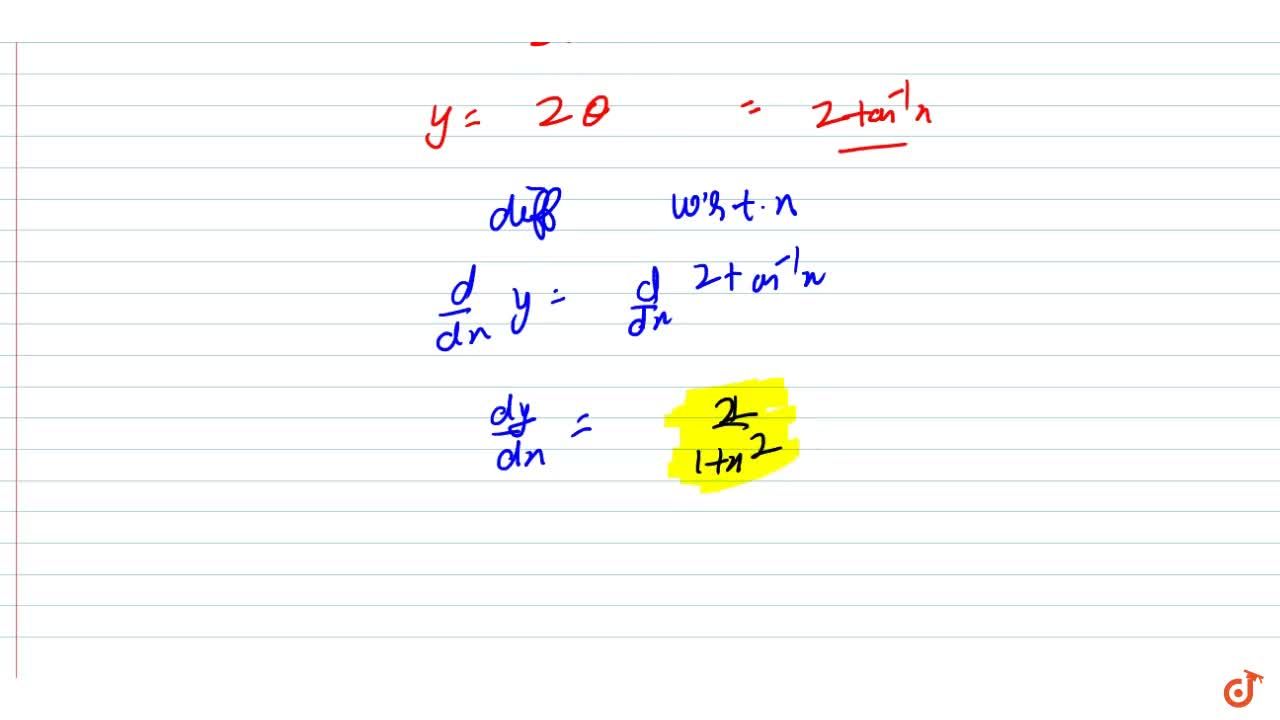 | 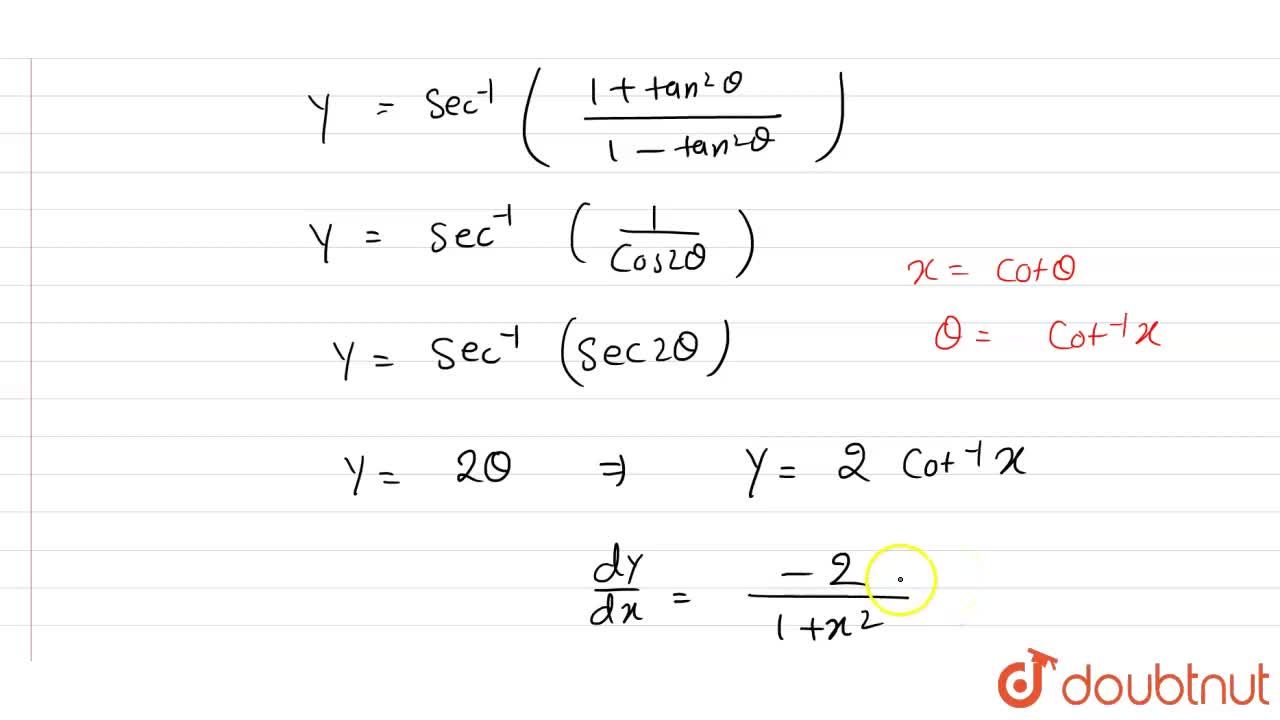 |  |
「Sin 2x 1 cos2x 2」の画像ギャラリー、詳細は各画像をクリックしてください。
 |  | 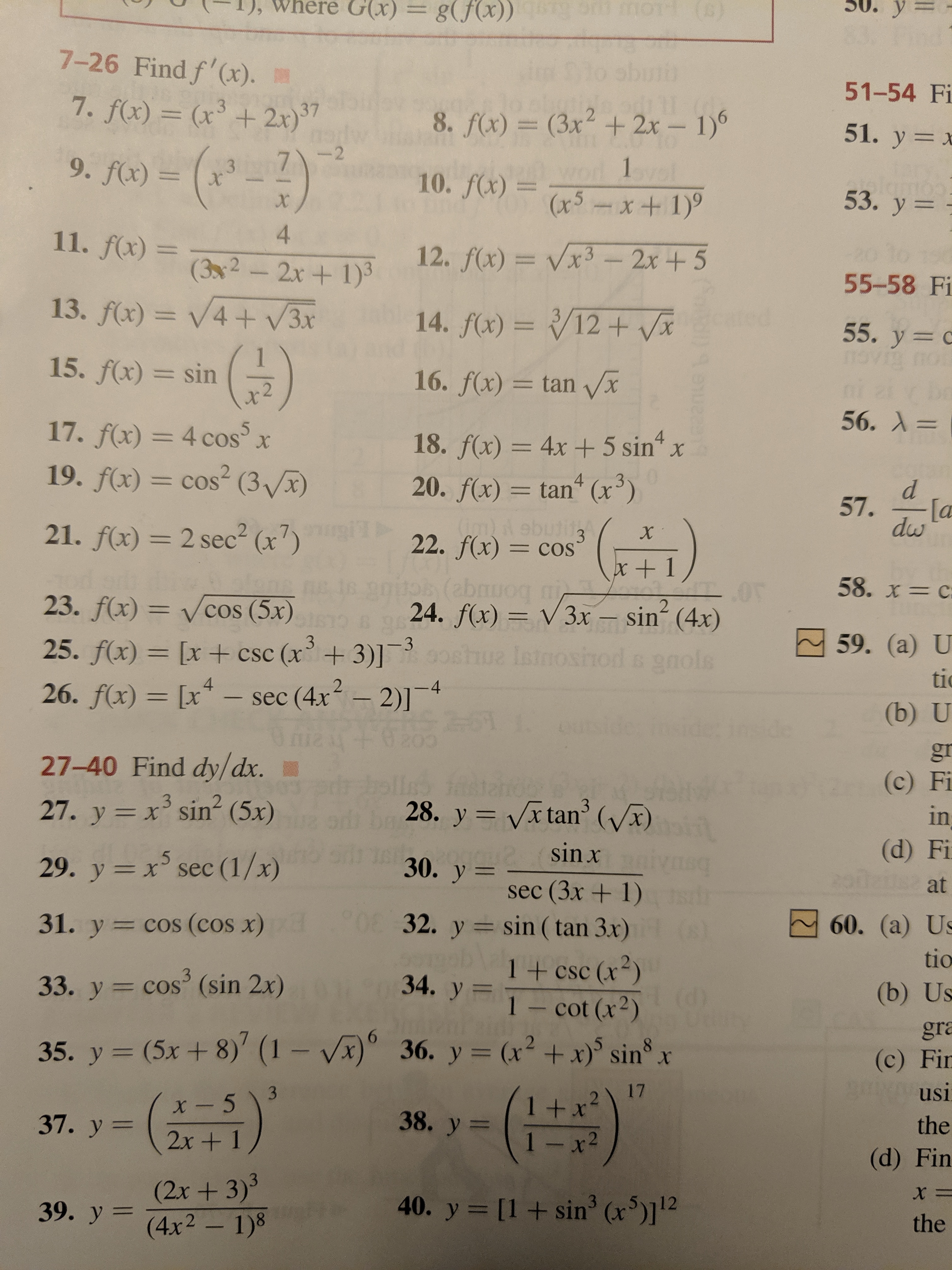 |
 |  |  |
 |  |  |
 | ||
「Sin 2x 1 cos2x 2」の画像ギャラリー、詳細は各画像をクリックしてください。
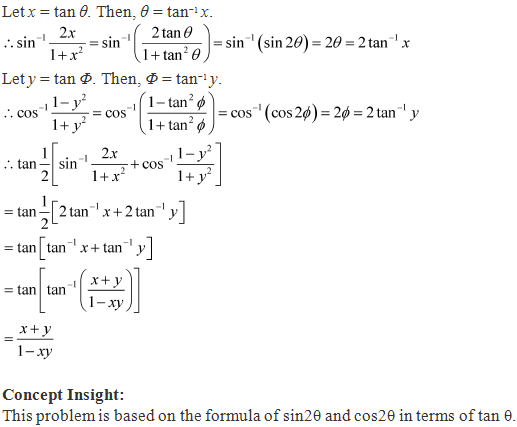 | ||
 |  | |
 | 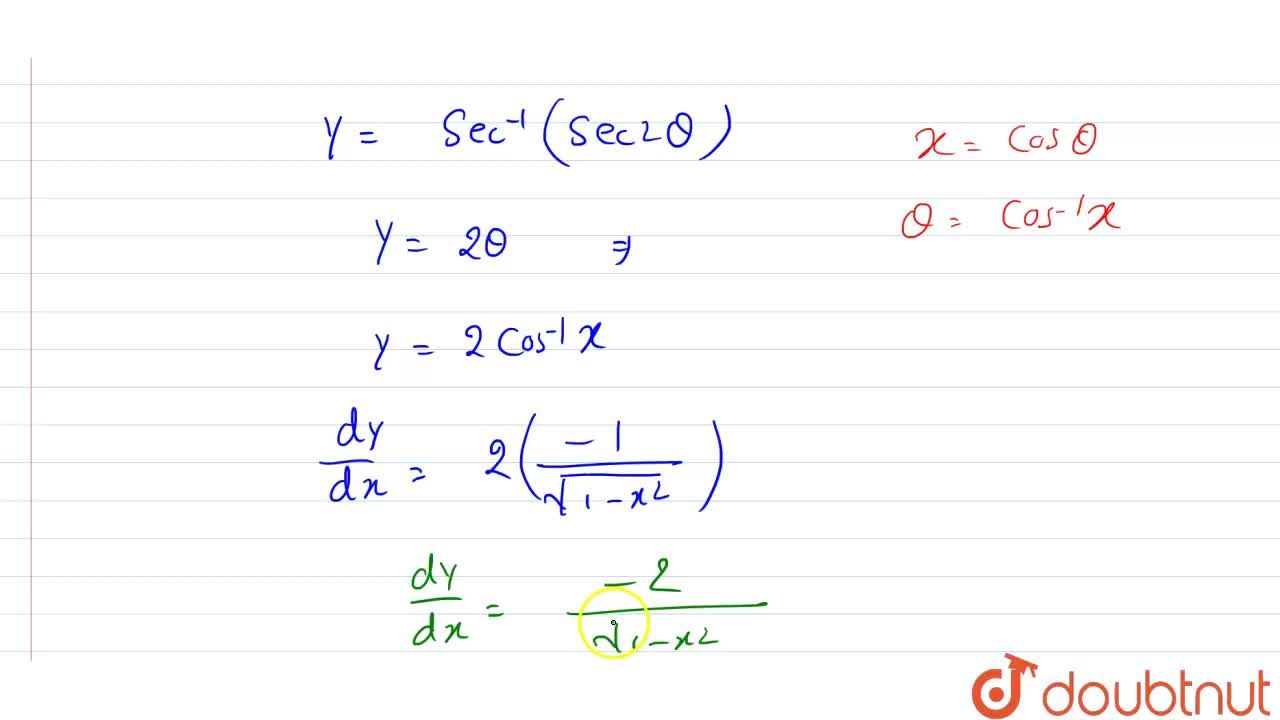 | 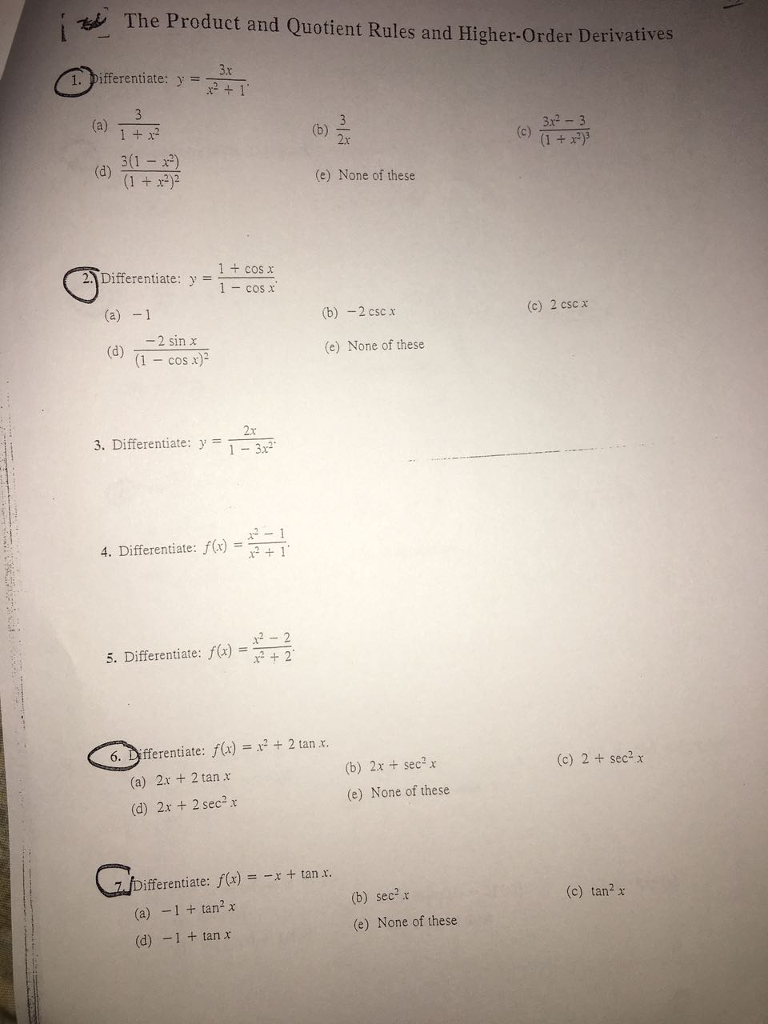 |
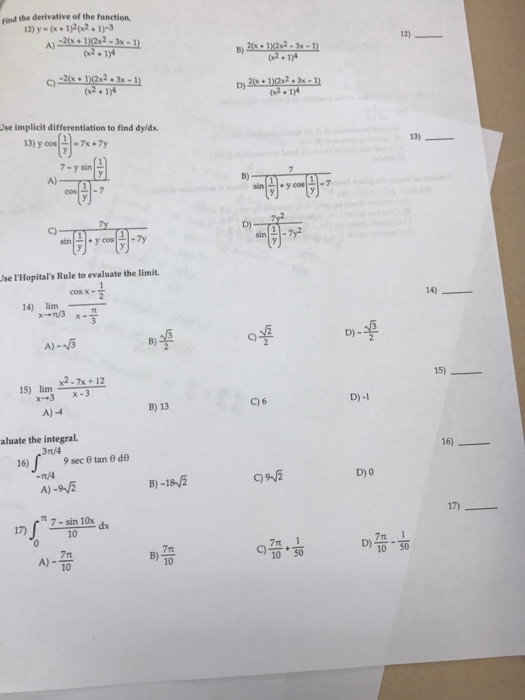 |  |  |
「Sin 2x 1 cos2x 2」の画像ギャラリー、詳細は各画像をクリックしてください。
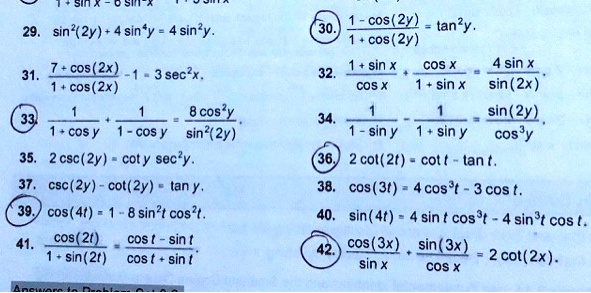 |  | |
 | 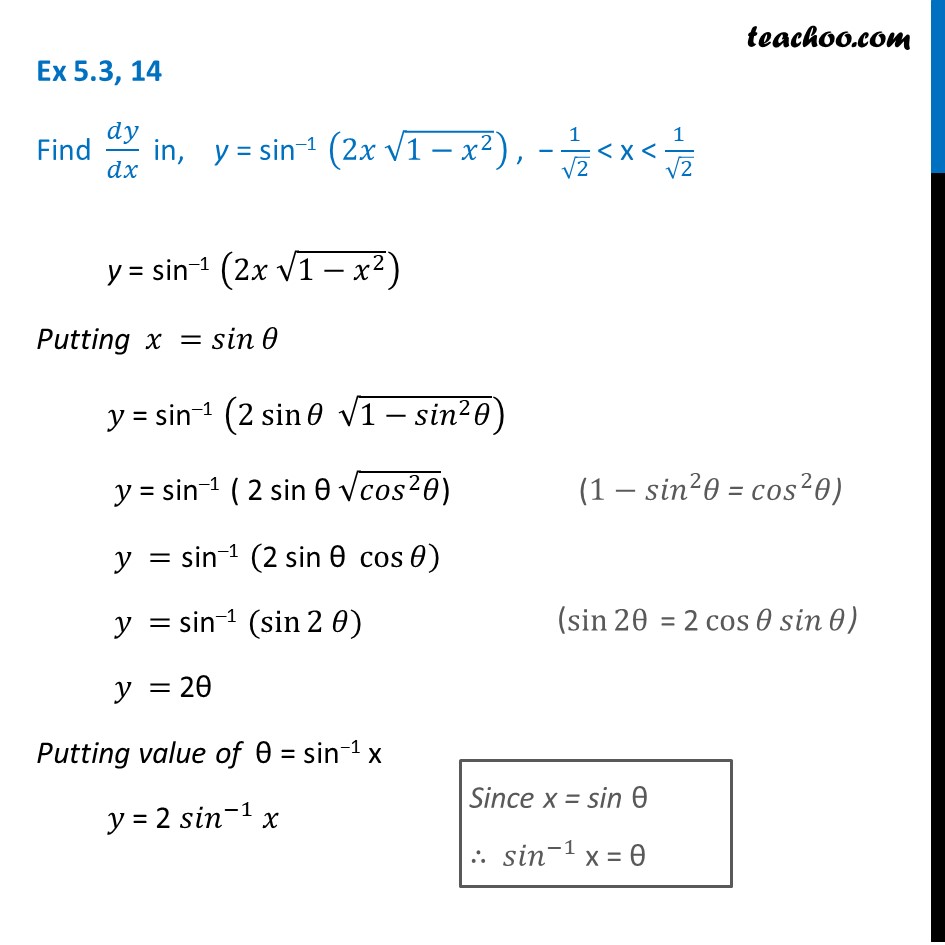 |  |
 |  | |
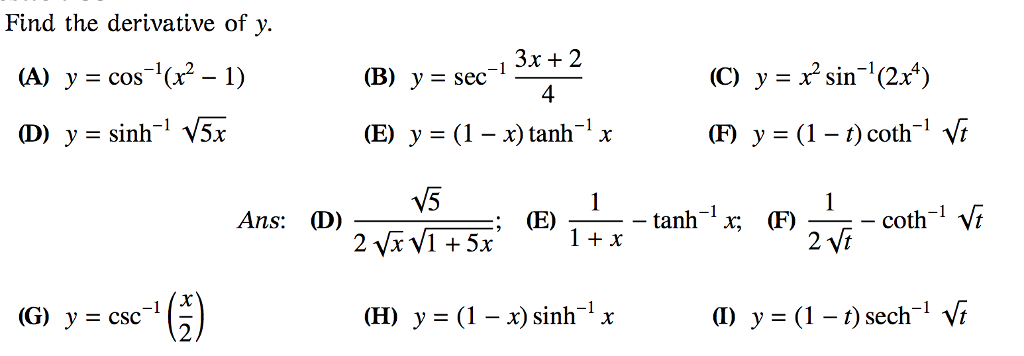 | ||
「Sin 2x 1 cos2x 2」の画像ギャラリー、詳細は各画像をクリックしてください。
 |  |  |
 |  | |
 | 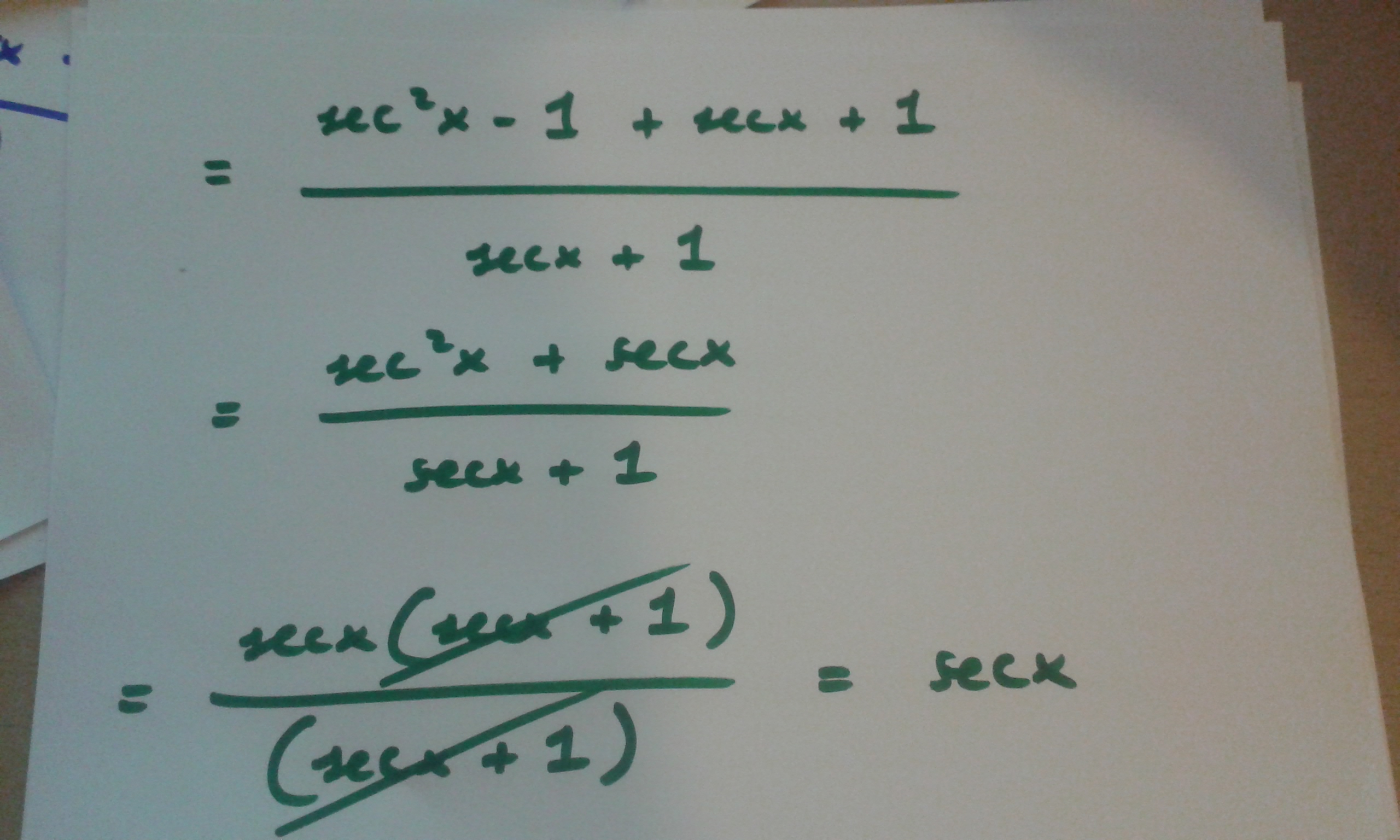 | |
 |  | |
「Sin 2x 1 cos2x 2」の画像ギャラリー、詳細は各画像をクリックしてください。
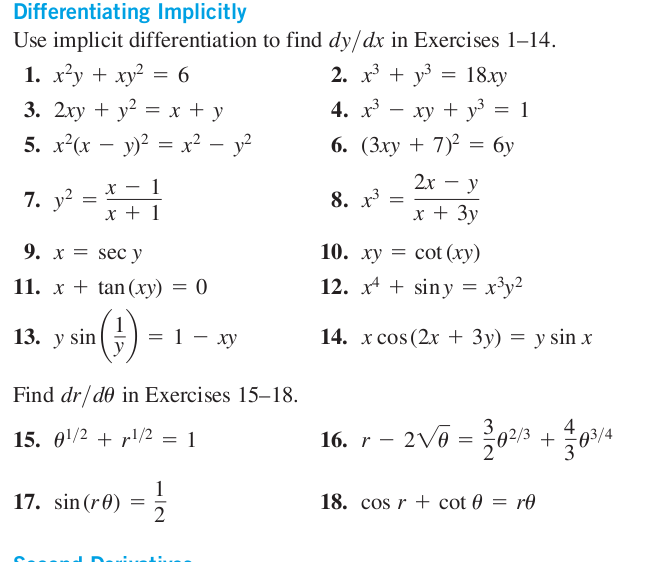 | 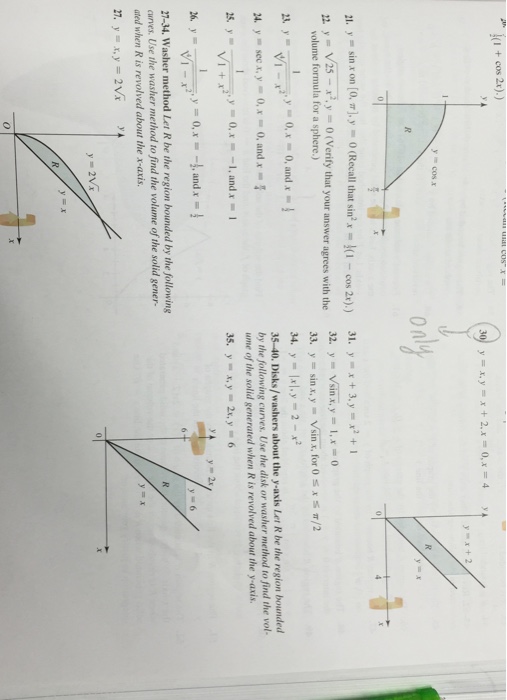 |  |
 | 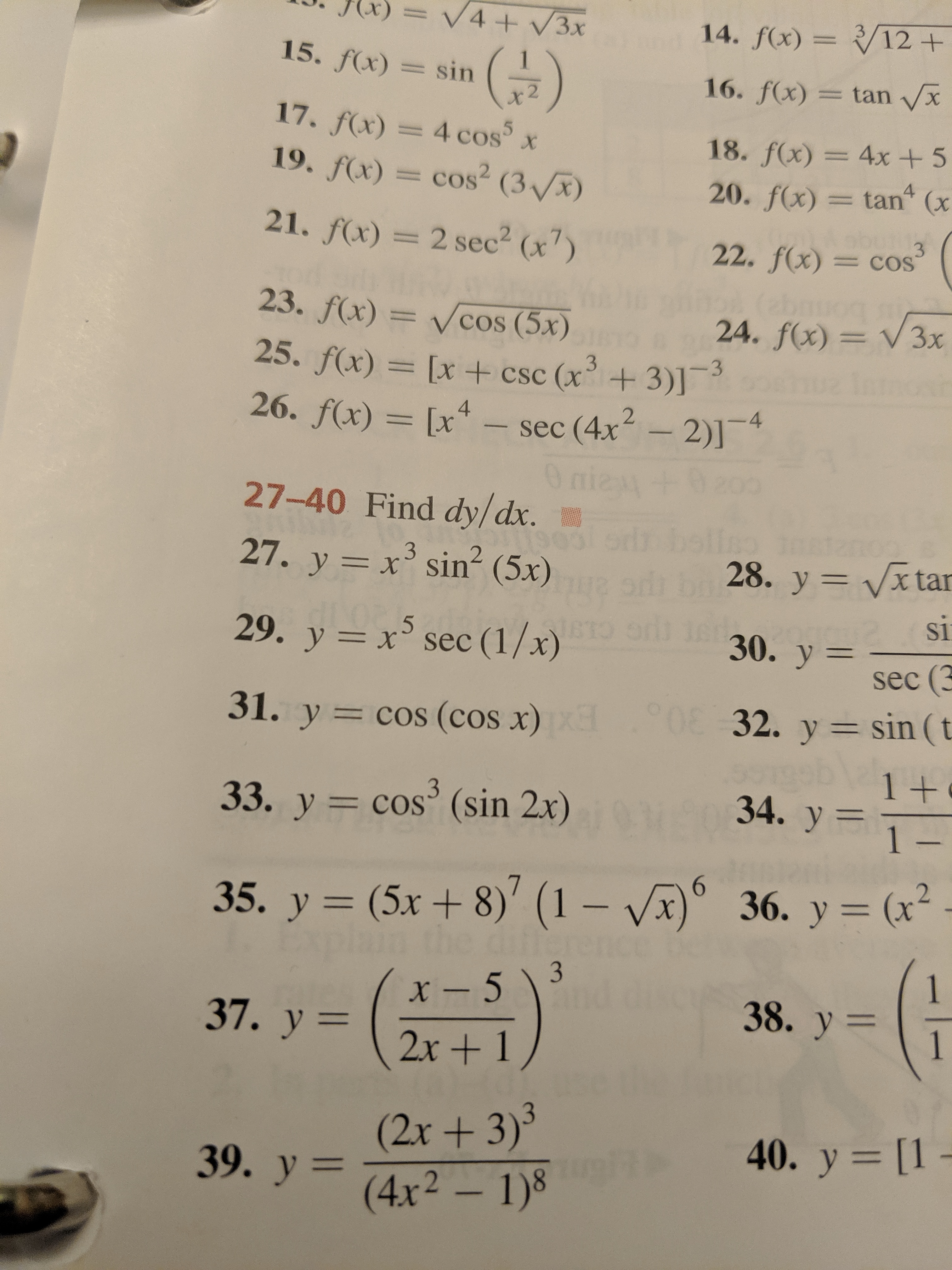 | |
 |  | |
 |  |  |
「Sin 2x 1 cos2x 2」の画像ギャラリー、詳細は各画像をクリックしてください。
 |  | |
 |  |  |
 | 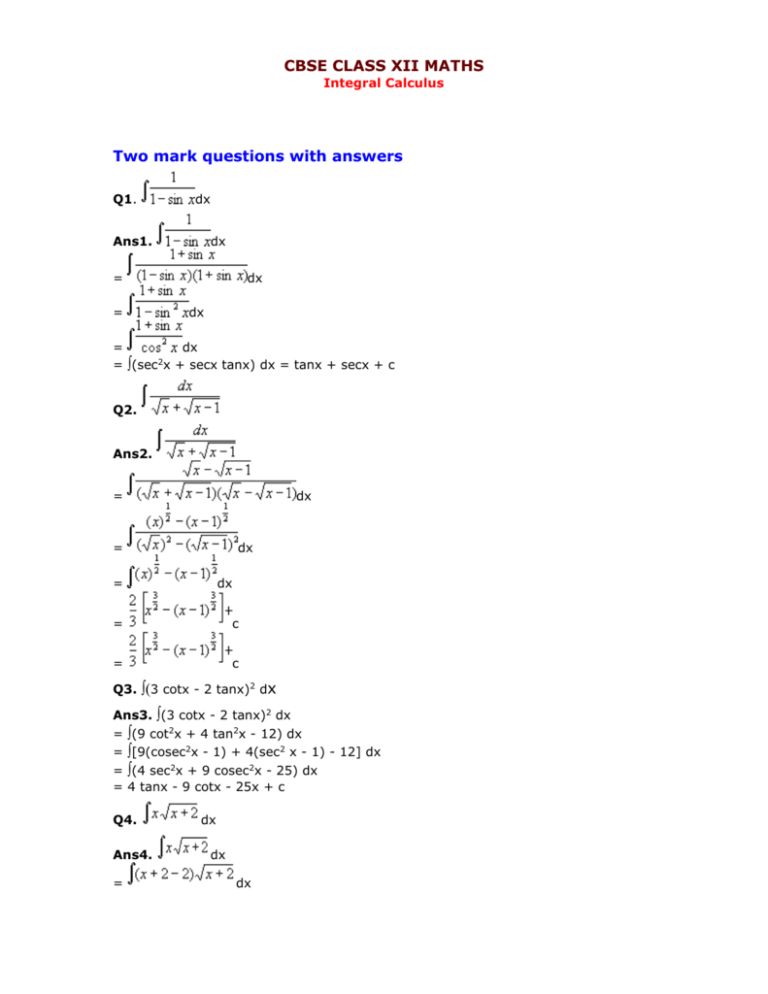 | |
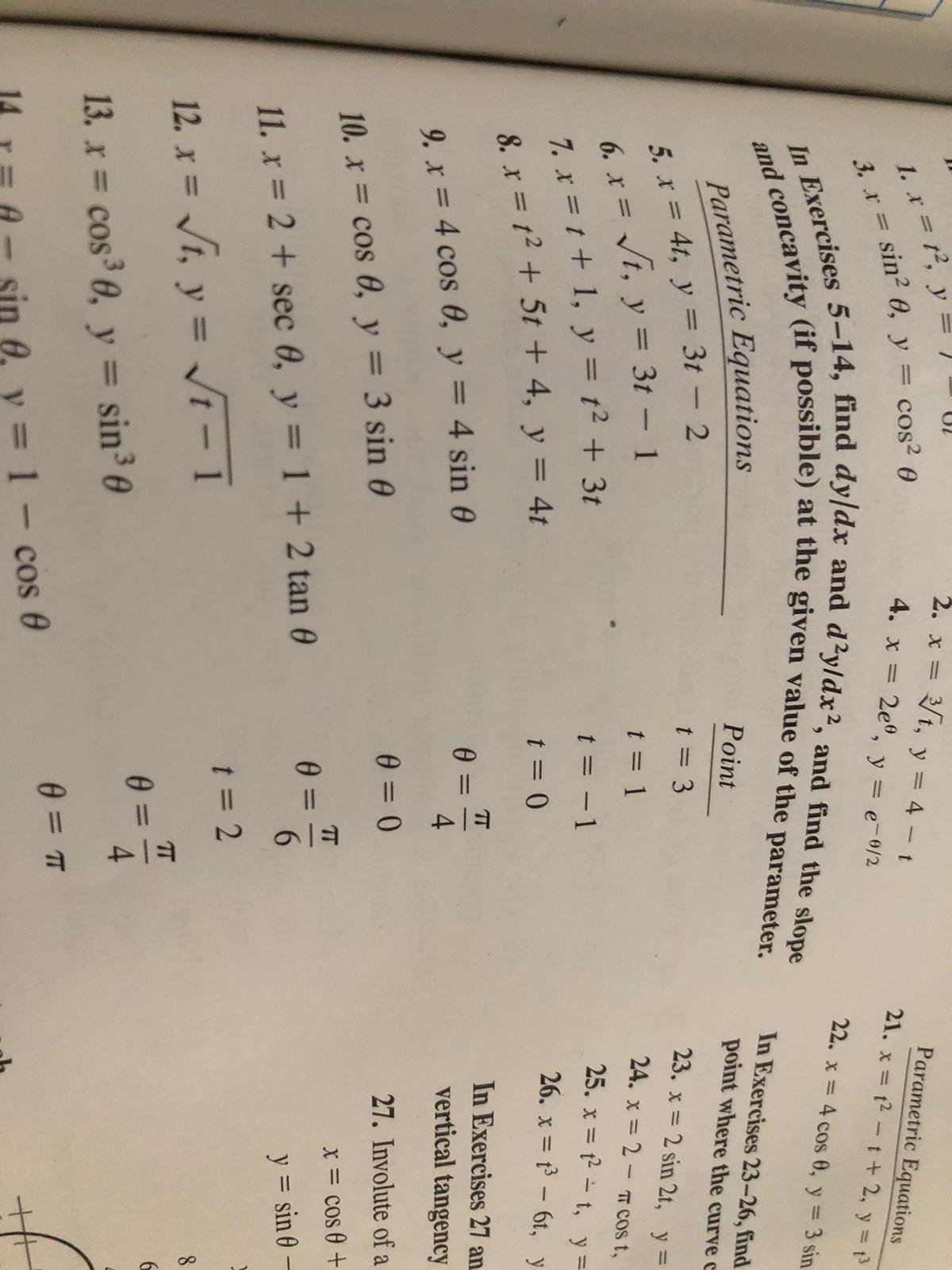 | 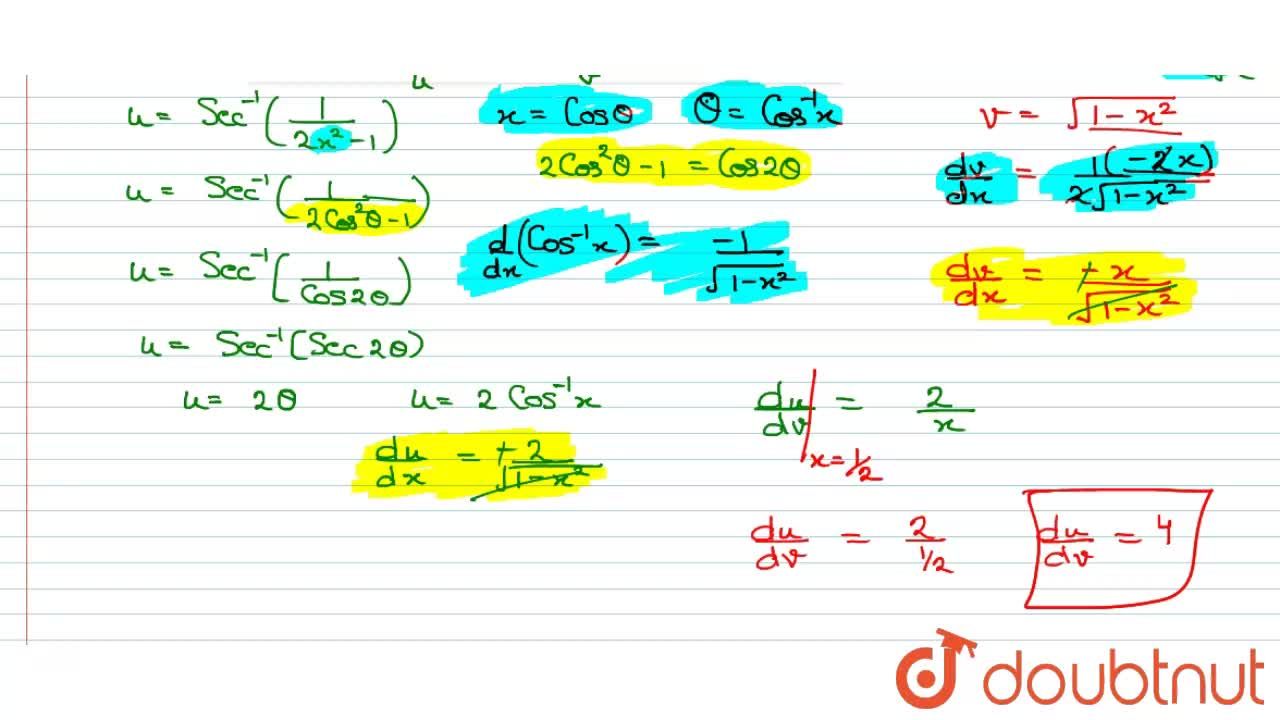 | |
「Sin 2x 1 cos2x 2」の画像ギャラリー、詳細は各画像をクリックしてください。
 |  | |
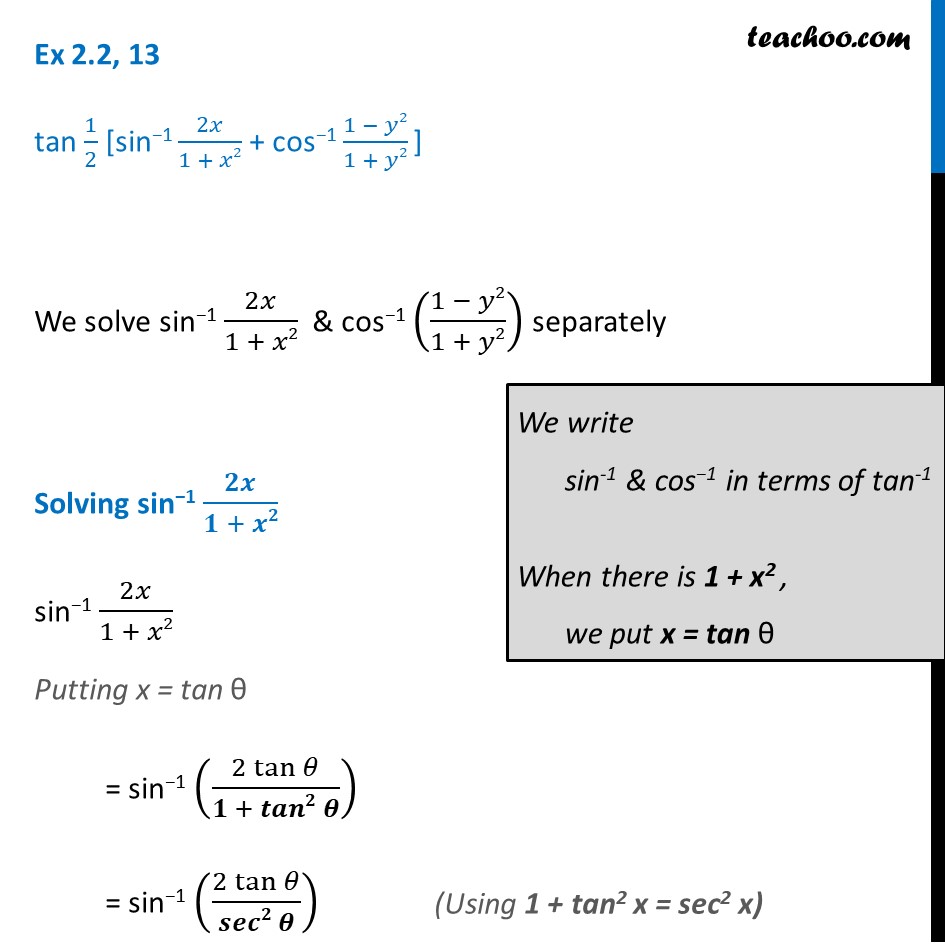 |  |  |
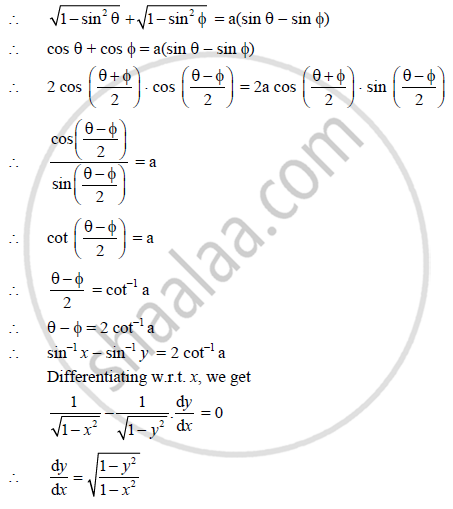 | ||
「Sin 2x 1 cos2x 2」の画像ギャラリー、詳細は各画像をクリックしてください。
 |  | |
 |  |  |
If it is exact, find the solution 1 (e x sin y 3y) − (3x − e x sin y)y' = 0 2 (ye xy cos 2x − 2exy sin 2x 2x) (xe xy cos 2x − 3)y' = 0(1) 4/(1 – x 2) (2) 4/(1 x 2) (3) 1/(1 x 2) (4) 4/(1 x 2) Solution Given y = sin1 (2x/(1 x 2) sec1 (1 x 2)/(1 – x 2) Put x = tan θ θ = tan1
Incoming Term: sin 2 x sin x 2, sin 2x 2 sin x cos x, is 2 sin x sin 2x, sin x sin 2x sin 3x, what is sin 2 2x, sin 2 x and sinx 2, what is sin 2 x, sin 2x 1 cos2x 2, sin 2x cos 2x 1, what does sin 2 x equal, sin 2 2x cos 2 2x, sin 2 2x formula,




0 件のコメント:
コメントを投稿